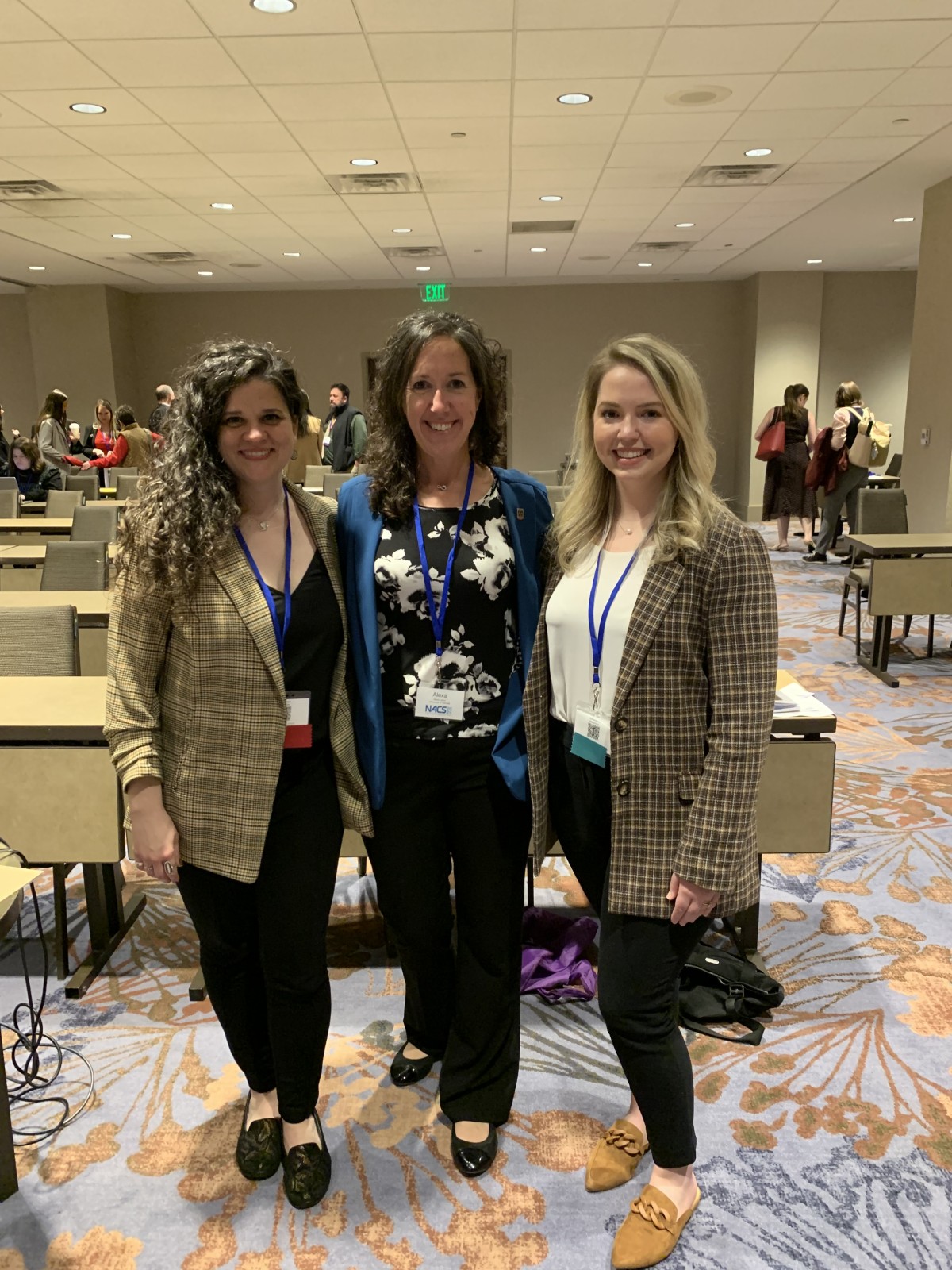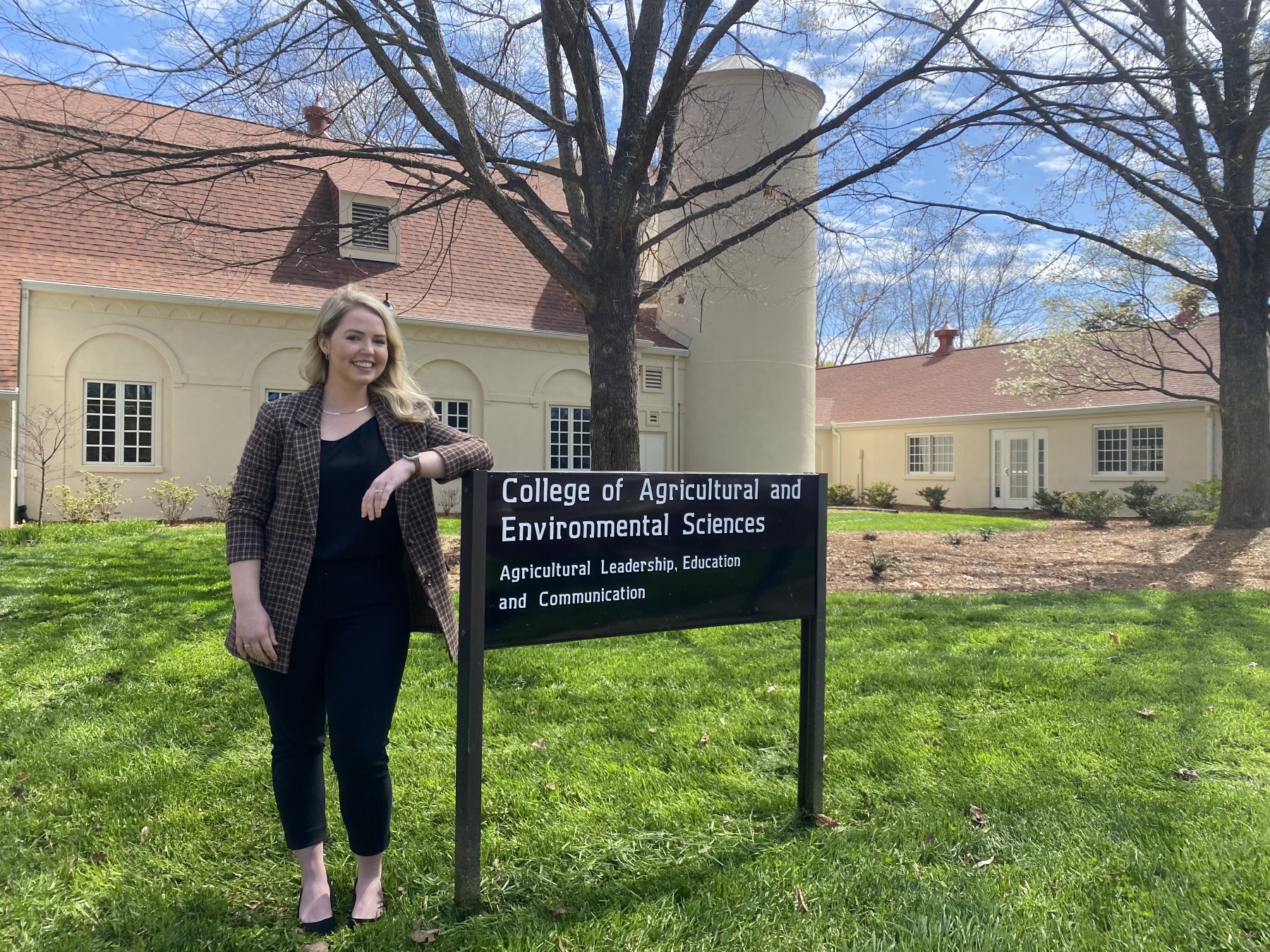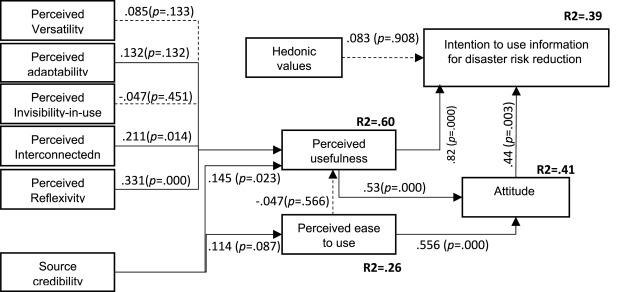Alexa Lamm
-

The Lamm Lab recently wrapped up a 5-year formative and summative evaluation of the Healthier Together project funded by the Centers for Disease Control in conjunction with the UGA College of Public Health. We often begin projects like this one, an interdisciplinary Extension effort designed to reduce obesity by increasing access to healthy food and…
-

The global importance of critical thinking in enhancing academic success, employability, civic engagement, and mental health is universally acknowledged. Yet, its cultivation in educational systems, particularly in sub-Saharan Africa, is largely unexplored and unmeasured. This gap is pronounced in Kenya’s higher education, where a recent paradigm shift in its educational curriculum has left room for…
-

A hearty congratulations to Olivia Erskine who passed her Master’s thesis defense with flying colors March 21st. Her innovative, mixed-methods, research included conducting interviews with garden coordinators working in gardens directly impacting thir local food system and surveying members of the U.S. public engaged in community gardens. She asked them to think about and place importance on climate…
-
Initial Real Pork Trust Consortium Research Shared at National Agricultural Communications Symposium

While still in its launch phase the Real Pork Trust Consortium (RPTC) showcased science communication research last week in Atlanta, GA at the National Agricultural Communications Symposium. The RPTC is a collaboration between five universities. At this meeting Dr. Alexa Lamm, Dr. Catherine Sanders, Dr. Shuyang Qu, Dr. Kevan Lamm, Dr. Michael Retallick, Dr. Fallys…
-

Thrilled to share Dr. Kristin Gibson passed her dissertation defense with flying colors on March 1. Despite the rainy weather, Kristin shined bright with a room full of colleagues and faculty engaged in learning about her work! Her research, titled ENVIRONMENTAL COMMUNICATION STRATEGIES TO REDUCE SINGLE-USE BOTTLED WATER PURCHASING AND USE, used innovative statistical modeling techniques…
Posted in: Environmental Issues -

Emerging environmental contaminants (EECs, e.g., perfluoroalkyl and polyfluoroalkyl substances [PFAS], heavy metals, trace elements, harmful algal bloom products, and micro- and nano-plastics) can impact drinking water and water used for irrigation of food crops. In fact, previous research has shown irrigation water containing EECs can be absorbed into food crops (i.e., produce and grain, meat,…



